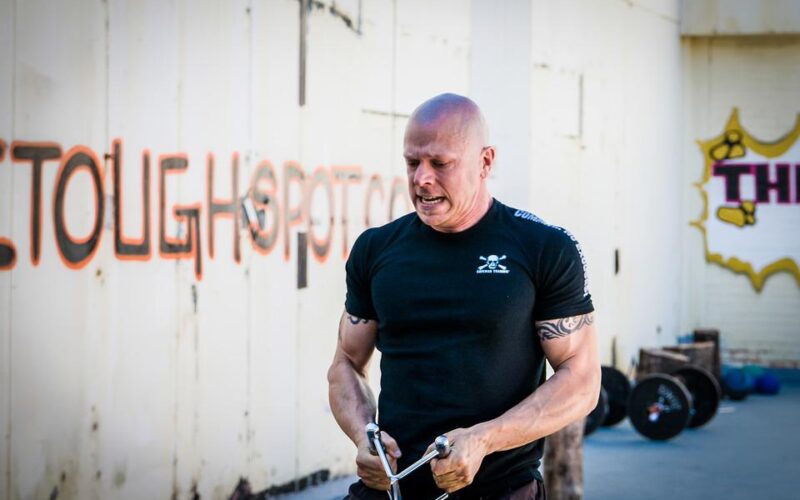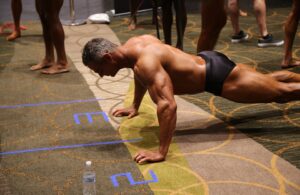As society becomes increasingly image-conscious, largely driven by the pervasive influence of social media, there is a growing pressure to conform to unrealistic beauty and fitness standards. The portrayal of athletes in their prime as the epitome of health and fitness exacerbates this problem.
These individuals spend countless hours training and often follow regimens that are not suitable for the average person. It is crucial to understand that health and fitness are personal journeys, and what works for one may not be appropriate for another.
An attainable goal for the majority.
The nuances of individual health are often overshadowed by the pursuit of an athletic physique. However, it is important to shift the focus towards functional fitness and overall well-being.
Functional fitness emphasizes the ability to conduct daily activities with ease and without pain, which is a more practical and attainable goal for the majority. This includes building strength, flexibility, and endurance in a manner that supports one’s lifestyle and enhances quality of life.
Set goals that are realistic
In this context, we must redefine our benchmarks for health and fitness to a more sustainable standard.
While it is beneficial to draw inspiration from athletes, it is crucial to set goals that are realistic and tailored to one’s abilities, schedule, and resources.
The impact of peer pressure and social media influencers
Fitness should be about improving one's health and well-being, rather than striving for a specific look or emulating someone else’s journey.
Moreover, we need to address the impact of peer pressure and social media influencers who often present a one-dimensional view of success in fitness. This can lead to a disheartening cycle of comparison, accompanied by feelings of inadequacy.
Instead, we should be advocating for a health-first approach, where the prime objective is to maintain physical and mental health through moderated, consistent, and enjoyable
activities.
Small steps are worth acknowledging
To promote a more holistic approach, it’s essential to celebrate all forms of progress and to recognise that small steps are worth acknowledging. Creating a supportive environment that values perseverance and improvement over drastic transformation can significantly alter our collective fitness attitude
. Encouraging people to listen to their bodies and to engage in activities that they genuinely enjoy will not only make fitness more accessible but also more sustainable.
A well-rounded approach
Adopting this revised attitude towards fitness also involves addressing the emotional and mental components of health.
Stress management, quality sleep, and balanced nutrition play equally vital roles in our overall well-being. A well-rounded approach to fitness considers all these elements and seeks harmony rather than perfection.
Personal achievement over peer comparison
While the allure of an athletic physique is understandable, it is time for a collective mindset shift.
Embracing a more inclusive and personal definition of health and fitness paves the way towards a society that values well-being over appearance, personal achievement over peer comparison, and everyday joy in movement over rigorous training regimens meant for professionals.
We must foster an environment that recognizes the diversity of bodies and fitness levels, encouraging each individual to pursue the healthiest version of themselves.















